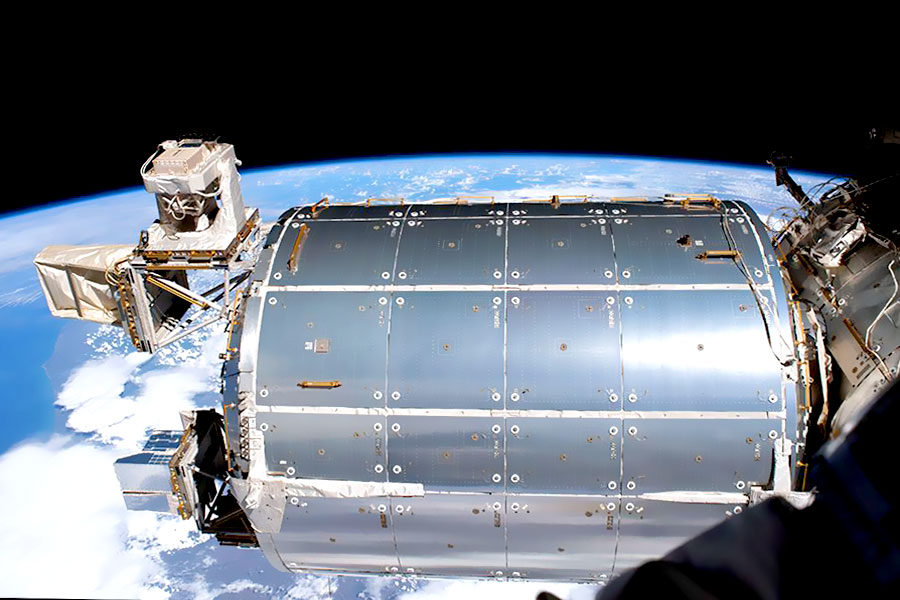The latest satellite
communications module The Columbus Ka-band Terminal (COLKa), developed by the
UK Space Agency, arrived at the ISS earlier this month.
On Tuesday, February 18,
COLKa — the latest invention by the UK Space Agency was delivered by the Cygnus
rocket to the International Space Station (ISS) and is due to begin operations
later this year. An antenna the size of an ordinary household refrigerator will
allow astronauts to communicate with the Earth at the speed of a wired
Internet.
COLKa terminal — the path to high-speed Internet in space
COLKa is Britain’s first industrial contribution to the International Space Station, which has been in orbit since 2000.
According to the British
Space Agency, the development will allow ISS astronauts to use a high-speed
Internet connection, without relying on NASA systems.
MDA Space and Robotics
Limited were assigned to design and manufacture this terminal. This is an international
communication and information company headquartered in Harwell, Oxfordshire.
David Kenyon, CEO of MDA
UK, said that thanks to the COLKa programme, his company has every chance to
become a leading supplier of space equipment in the UK.
“This development
opens up great opportunities for growth, allows us to create new jobs both in
the space and the communications market,” states Kenyon.
UK Space Agency development will start operating this year
The company plans to
install and connect the device this year. The antenna will be located outside
the Columbus module (ISS Science Lab).
To connect the module,
the astronauts have to exit the ISS into outer space. The device will be
located on the meteoroid protection panel.
The European Space
Agency (ESA) reports that COLKa will transfer scientific data not only to
European but also to other international stations. This will give scientists
quick access to data from the latest experiments.
The device will send
signals from ISS orbiting at a distance of about 250 km from Earth to European
satellites 13,670 km away. From there, data will be transmitted to Earth.
ESA expects COLKa to
ensure data transfer speed up to 50 Mbp/s. This will allow “astronauts and
scientists to have a direct, high-speed connection with the Earth.”
Dr. Graham Turnock,
Executive Director of the British Space Agency, called COLKa another example of
how cooperation with the ESA has a positive effect on the British economy.
The Agency stated that
they plan to use all knowledge and experience gained in the design, creation,
and operation of COLKa, and in their further projects. In particular, the UK
Space Agency implies the development of communication systems for the Lunar
Gate, a small spaceship that will revolve around the moon.


Thank you for your comment! It will be visible on the site after moderation.